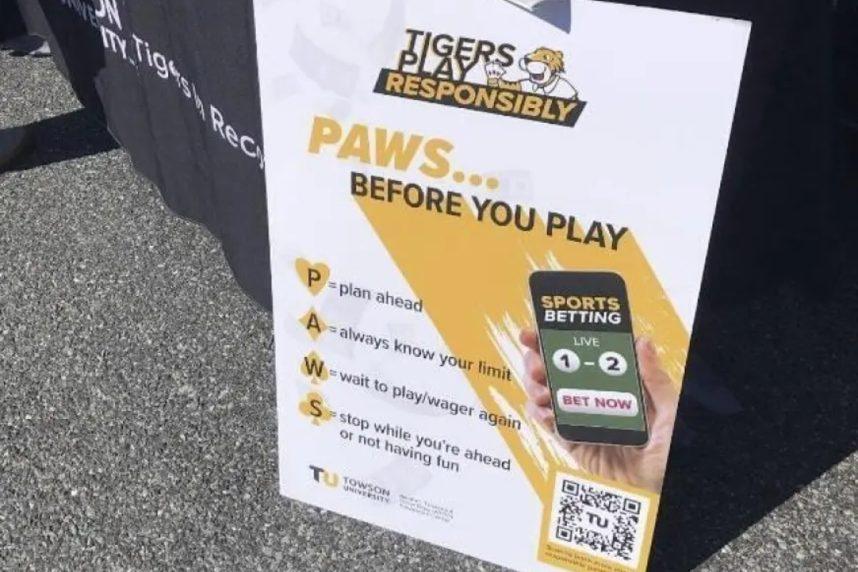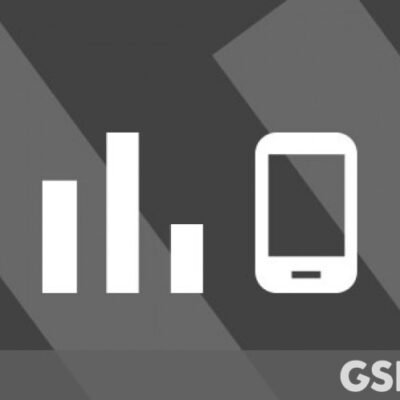Posted on: March 19, 2024, 12:46h.
Last updated on: March 19, 2024, 12:46h.
Sports betting in the United States is still relatively new, as it was only in May 2018 that the Supreme Court said states possess the legal right to determine their laws on sports gambling. The expanded gaming has quickly become a concern at colleges and universities across the country.

Since the landmark ruling, nearly 40 states and the District of Columbia have legalized sports betting in just five years.
The rapid expansion has lured many college students, as marketing ploys among the sports gambling industry have seemingly targeted younger people with celebrity endorsements and a myriad of adverts offering supposedly free cash.
“About two-thirds of college students who live on campus are actually betting on sports now,” Ted Hartwell, executive director of the Nevada Council on Problem Gambling, told CBS 8 in Las Vegas this week.
Big Losses, Small Budgets
An NCAA-commissioned study last year found that 17% of college students who bet on sports said they have lost at least $100 in a single day. Another 6% said they’ve lost $300, 4% lost more than $500, and 2% lost more than $1,000 in 24 hours.
Most college students don’t have those kinds of bankrolls to lose, especially in a single day. Boston-based market research firm Opinion Diagnostics, which conducted the NCAA review, concluded that 16% of college sports bettors have, or are in danger of developing, a gambling disorder.
There’s this effect of people thinking, ‘Well, if I gamble more, eventually I’m going to win,’” Hartwell continued. “The opposite is actually true.”
A 2022 poll facilitated by Intelligent.com, a site centered around education and enabling smarter consumer choices, found that 15% of college students gamble daily and more than one in five every week. One in five also admitted to using financial aid or student loan money to bet.
More than 30% of the approximately 1,000 students polled also said they’ve used a credit card to make a sports bet. More than one in four students believe their college has promoted sports betting by partnering with sportsbooks or casinos, allowing such companies to sponsor events, permitting sports betting reps on campus, and even sending out promotional emails.
Beginning of Epidemic?
Problem gambling experts across the nation are reporting an uptick in self-help calls in the aftermath of sports betting’s expansion. Some problem gambling and behavioral health experts believe we’re only at the beginning of a serious problem.
I look at the legalization of gambling like I look at the opioid crisis,” Diana Goode, executive director of the Connecticut Council on Problem Gambling, told Time Magazine in December. “I think we’re only really seeing the beginning of what’s going to happen, especially with our kids.”
Goode said the number of calls to her organization has doubled since 2019 and the age of the person reaching out keeps “getting younger and younger.”
“We used to think the problem gambler was a little old lady at the slot machine. Now it’s the 20-something male betting on sports. I would say 40% of our calls are from that demographic. And it’s not just these kids who are calling but also their parents.”
Problem gambling resources are available on this webpage.




